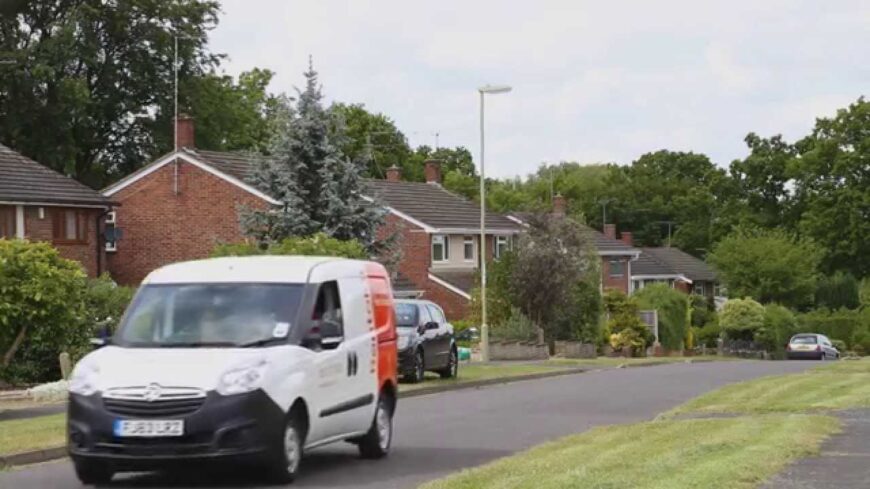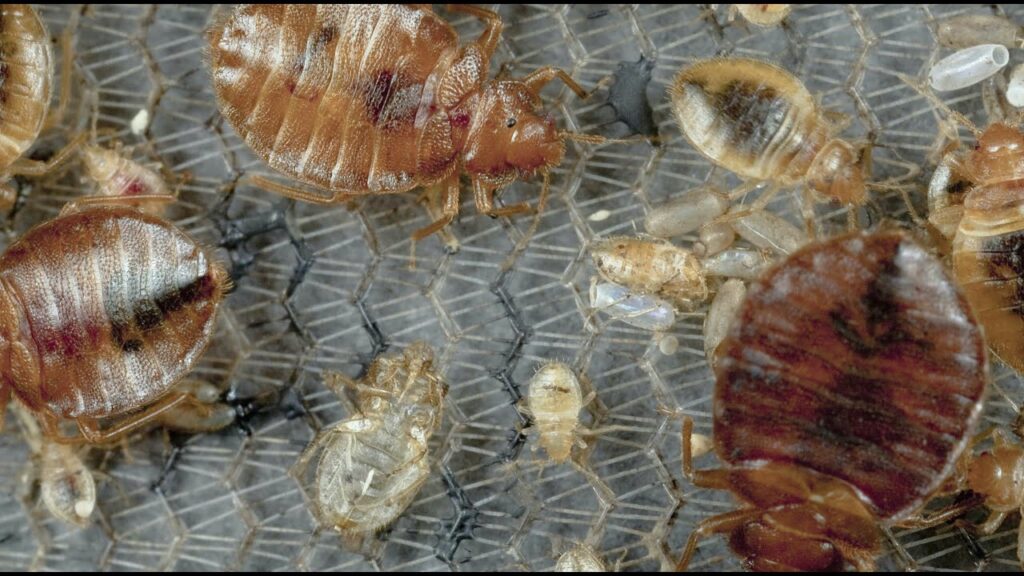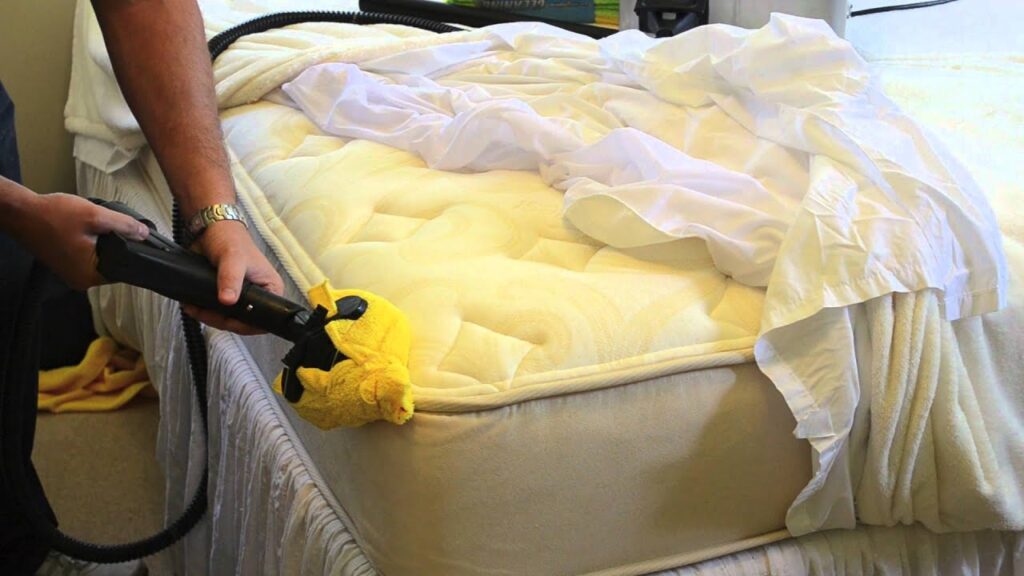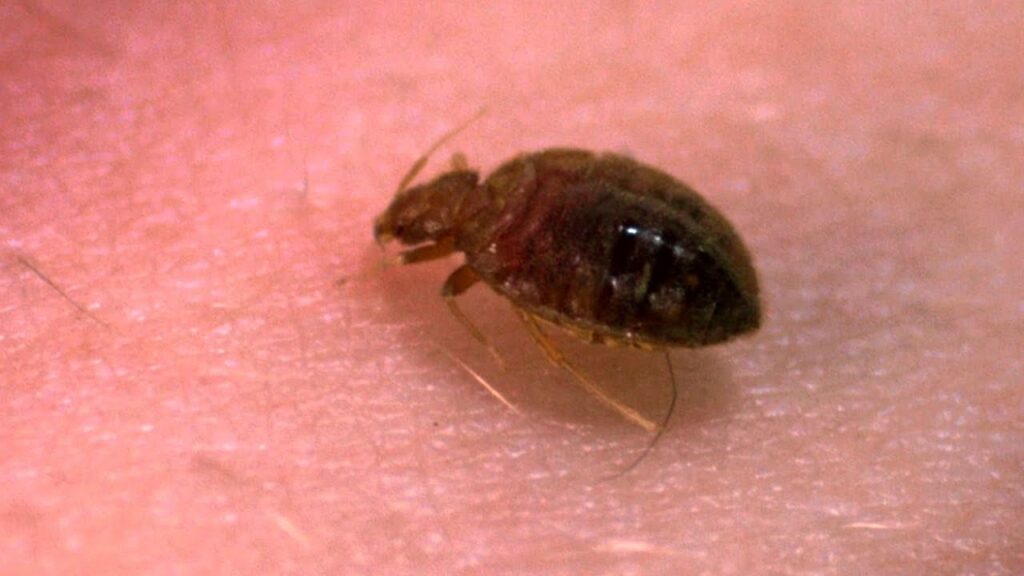Are you wondering how to become a pest control technician? In this article, you’ll learn the qualifications, job duties, and training required. The next step is getting certification. Depending on the State, you may need to obtain certification in all or some of these fields. This training program can cost from $100 to $400 and typically takes three months to complete. As a pest control technician, you will likely have to deal with a variety of insects, including rodents and termites.
Qualifications
A career as a pest control technician is a rewarding career choice for people who are passionate about the prevention and treatment of pest infestations. Pest control technicians work with pesticides to eliminate bugs, rodents, and other unwanted pests. They visit businesses and homes to identify and eliminate infestations. Pest control technicians use a variety of products to eradicate pests, including chemical solutions, powders, and gases. In some special circumstances, pest control technicians also use mechanical traps or baits.
The licensing process for a pest control technician in New York State varies, but typically consists of multiple categories and licenses. To become a commercial pesticide technician, applicants must be at least 17 years old and have completed at least 30 hours of training. Additionally, they must have a college degree or coursework experience in pesticide application. Candidates can earn their licenses in as little as two years by completing a five-day apprenticeship or working as a pest control technician at a company.
As pesticides become resistant to certain animal species, pest control technicians must constantly update their knowledge of new methods and materials. Additionally, many employers require pest control technicians to maintain their certification. Attending trade conferences is a great way to stay current in the industry. Some employers even require continuing education to remain certified. For those who are interested in becoming a pest control technician, NC State Online and Distance Education programs can help.
Qualified individuals may find it challenging to land an entry-level pest control technician job, but a dedicated professional can overcome these obstacles. A pest control technician job description can help candidates understand the requirements of employers. In addition to this, Monster allows individuals to upload their resumes and apply for jobs. This way, applicants can focus on their training and become more marketable for a pest control technician position. However, they must be free from allergies or squeamishness.
Job duties
A pest control technician performs a variety of duties, including identification and application of chemicals and pesticides. These pest control technicians visit clients’ properties and assess their pest infestation problems. They may also conduct inspections of buildings and their sub-areas, such as attics and basements. They also maintain safety equipment and follow label instructions. A pest control technician needs to have extensive knowledge of pests and their behavior. They must be knowledgeable about various types of pesticides and their methods, and they must also follow the rules of integrated pest management.
A certification in pest control is necessary for a technician to perform their job effectively. Certification is required by State law and usually costs between $100 and $400. This certification will keep them up-to-date on industry regulations and new techniques. Pest control technicians are responsible for controlling a wide variety of pests, including ants, spiders, roaches, bedbugs, and termites. Because these pests can have harmful effects on buildings and the people inside them, technicians must devise effective strategies to prevent their growth and spread.
A pest control worker must have good bookkeeping skills and physical stamina. Some pest control jobs require employees to spend a long time in uncomfortable heat or cold. A pest control worker must also have excellent physical stamina and be able to deal with a variety of environmental conditions. This occupation requires a sharp eye for detail and an exceptional sense of detail. Using a pest control worker job description template will ensure that you have all of the essential information about the job.
The job of a pest control technician requires a high school diploma and licensure. Some companies hire on-the-job apprentices and offer on-the-job training, while others require full licensing. A pest control technician must also have experience applying pesticides, conducting inspections, setting mechanical traps, and trapping rodents. To become a pest control technician, it is essential to have a solid knowledge of biology.
Training
If you have a passion for insects and would like to help people get rid of them, then you should consider pursuing training to become a pest control technician. While pest control technician jobs aren’t advertised often, it is possible to find a position by approaching a local pest control business. It is recommended to apply during the warmer months as this is when pests tend to breed. Once you’ve gained some experience as a pest control technician, you may even be able to land a permanent job. About a third of pest control technicians are self-employed and can move into management roles. Before pursuing a career in pest control, you should make sure you’re not allergic to the chemicals used in the industry.
The training that you take will depend on the State you live in. Certification programs can range anywhere from $100 to $400, depending on what you need. Depending on the State, you can expect to spend between three and six months in training. Once you’re trained and certified, you’ll be able to treat clients independently. And if you’re working in a field that grows so rapidly, you might be able to take advantage of continuing education programs.
The role of a pest control technician is to eradicate pests from residential and commercial spaces. The technician will evaluate the infestation and determine the most effective treatment. Typically, these professionals use pesticides and traps to eliminate the insects. In some cases, they will use extreme heat to eliminate them. These jobs are challenging but rewarding. There is no better job for an individual who enjoys the outdoors. With a little training and persistence, you can find your dream job!
Insurance requirements
When it comes to insurance, pest control technicians need the right policy for their business. Workers compensation insurance is an important part of the pest control insurance policy. This policy will cover work-related injuries and illnesses as well as lost wages. Workers compensation insurance will protect your business from employee lawsuits and legal settlements. This insurance policy is required by many states. Safety training is also necessary. Read the following sections to learn more about the insurance policies required by pest control technicians.
Commercial auto insurance is also important. Pest control technicians use company vehicles for their work and must have commercial auto insurance. This insurance policy protects them in case of any damage or injury to a client. Besides a general liability insurance policy, pest control technicians should also have inland marine insurance to protect tools that aren’t permanently attached to the vehicle. This insurance covers tools and equipment used for pest control jobs on job sites.
The Structural Pest Control Act requires a minimum of $500,000 in general liability insurance. You must provide the insurance company with information on a form approved by the Board. The certificate must be typed and all information must be spelled correctly. You should also follow the name style of the insurance company you use. The Board may provide a list of companies commonly used by pest control technicians. If you have any questions about the insurance requirements, contact the Board.
Another way to get a pest control technician job is to post a job on a career website. Many companies post openings on their websites. You may be able to find a technician job through a friend, family member, or co-worker. But it can be difficult to stand out from the crowd when you don’t have any personal contacts. In order to get a job in the home services industry, you should consider the following tips.
Requirements for licensure
A pest control technician’s primary job is to exterminate or prevent the growth of pests in buildings. Depending on their area, pests can range from rats to roaches, from termites to bedbugs. These pests can be harmful to occupants and the building itself, so pest control technicians must develop strategies to eliminate them. However, if you are not sure whether you want to pursue this career, here are some considerations:
Before pursuing licensure as a pest control technician, you must complete a certification program. Although some states don’t require certification for pest control technicians, most of them do. These programs typically include training and an exam. Other requirements may include having a high school diploma or an apprenticeship. Some pest control technicians have specialized training and have received certification from another state in addition to their own state.
In addition to acquiring a license to become a pest control technician, you must have a clean driving record. Since pest control technicians drive to various locations throughout the day, a clean driving record is essential for most companies. However, it is also important to take steps to improve your record by addressing any traffic violations. To improve your record, you can obtain a copy of your state’s DMV website and ask for advice on how to improve it.
Depending on the state, pest control technicians must have a high school diploma or GED. Most entry-level positions require at least a high school diploma and part-time experience in an office environment. During this training period, experienced pest control technicians teach new employees how to identify and eliminate pests. It is essential to note that pest control technicians must be trained to be responsible for the use of potentially hazardous pesticides.




